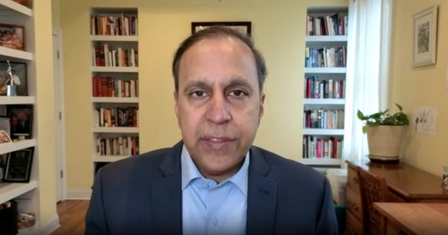
Nairobi, Nov 30 (IANS) The establishment of small-holder livestock systems that can withstand climatic shocks, pests, diseases, and habitat loss holds the key to alleviating poverty, hunger, and malnutrition crisis in Africa, said agriculture officials.
Speaking at the 50th anniversary of the International Livestock Research Institute (ILRI) in Nairobi, the Kenyan capital, ministers reaffirmed support for climate resilient animal husbandry to help feed the continent and boost rural incomes, Xinhua news agency reported.
Andrew Karanja, cabinet secretary in Kenya’s Ministry of Agriculture and Livestock Development, said that empowering African pastoralists and small-holder farmers through index-based insurance, research on drought-tolerant breeds, and enhanced market linkages is key to deriving maximum economic and nutritional benefits from the livestock sector.
“We need to build the resilience of our livestock systems through cutting-edge research and innovations and enhance their productivity to meet food and nutritional needs of local communities,” Karanja said.
The event gathered participants from the Global South, including scientists, researchers, and policymakers, to reflect on decades of ground-breaking research aimed at transforming smallholder livestock systems.
Fikru Regassa, state minister for the Ministry of Agriculture in Ethiopia, emphasised the importance of developing climate-smart solutions to help African livestock keepers withstand recurring droughts, invasive pests, and disease outbreaks. He also called for policy harmonisation and collaborative research to identify and promote livestock breeds adaptable to harsh climates.
The livestock sub-sector contributes about 30 per cent to the gross domestic product of many African countries and plays a critical role in ensuring food security and generating incomes in rural areas, ILRI Director-General Appolinaire Djikeng said.
Djikeng stressed the urgency to reorganise the continent’s livestock systems and ensure they meet the evolving needs of local communities, including nutritional diversity and sustained revenue flows.
To enhance the resilience and productivity of the livestock sector in Africa, Djikeng called for investments in research and development of heat-tolerant breeds, new vaccines, and therapeutics to combat infectious diseases exacerbated by climate change.
–IANS
int/rs




